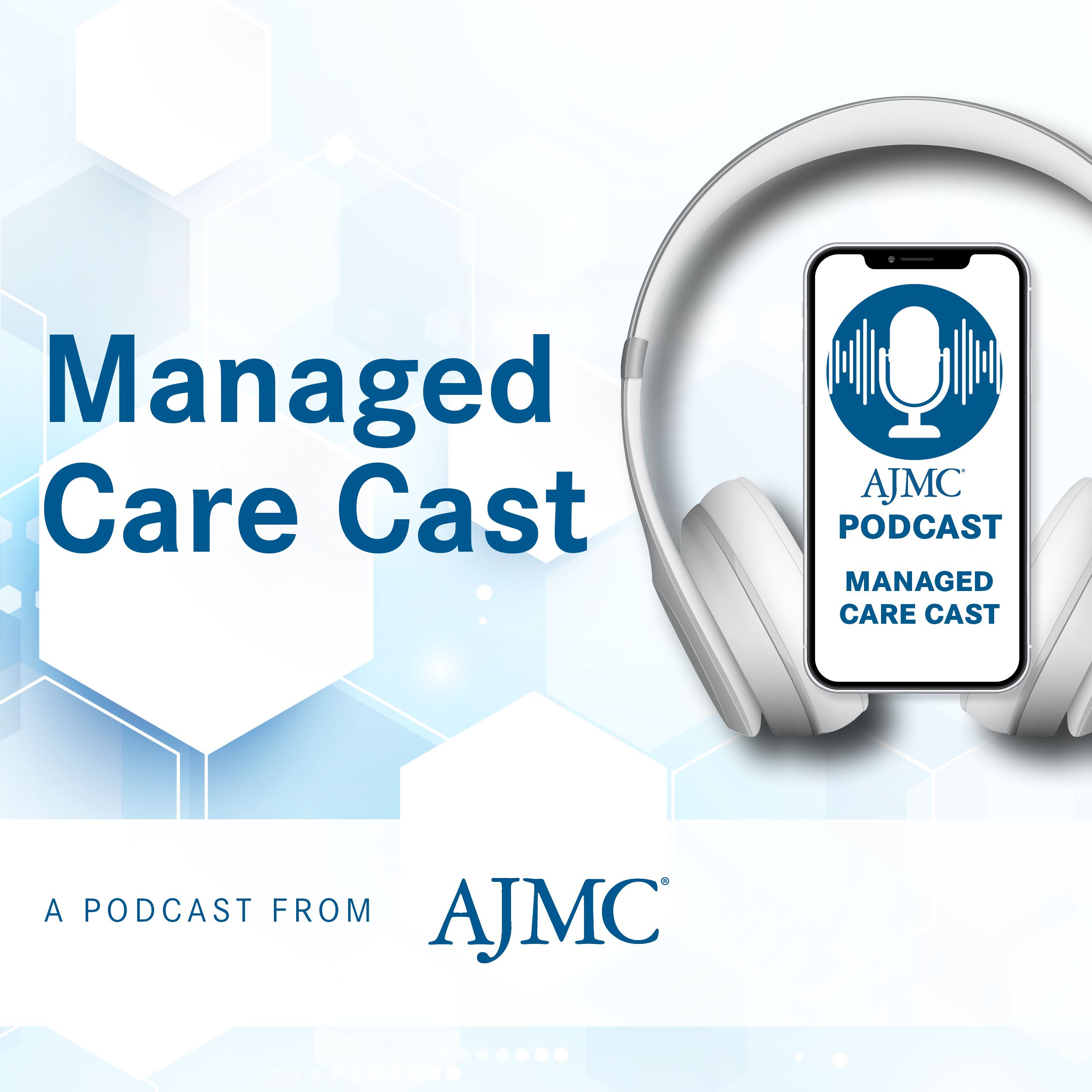Video
Dr John Sweetenham Discusses the Impact of CMS' Proposal on Access to CAR T-Cell Therapies
CMS’ proposal that patients be enrolled in a clinical trial or registry to get Medicare coverage for chimeric antigen receptor (CAR) T-cell therapies will help improve access, for the most part, but there is the risk that some organizations will choose not to offer this treatment, said John W. Sweetenham, MD, of Huntsman Cancer Institute at the University of Utah.
CMS’ proposal that patients be enrolled in a clinical trial or registry to get Medicare coverage for chimeric antigen receptor (CAR) T-cell therapies will help improve access, for the most part, but there is the risk that some organizations will choose not to offer this treatment, said John W. Sweetenham, MD, Huntsman Cancer Institute at the University of Utah.
Transcript
CMS recently proposed patients be enrolled in a clinical trial or registry to get Medicare coverage for CAR T-cell therapy. Do you think this will help or hinder improving access to these innovative therapies?
I think for the most part, it’s going to help. I think it will mean that, at least initially, I think that these treatments are going to remain under the management of established bone marrow transplant and cell therapy programs. And so, it will enable them to gain more expertise, which I think is important because there is a major learning curve still.
I think the potential downside, as pointed out by Sam Silver, MD, PhD, [of the University of Michigan Rogel Cancer Center] in the session [Thursday] morning was that with the current coverage determination, some organizations may simply choose not to offer this treatment to their Medicare population because there’s too much money at risk. So, that’s the potential downside.
But, overall, I think that the determination is good, the requirement for evidence is absolutely correct, because we really fully don’t understand the true impact of this treatment yet. So, I think in the sort of short- to medium-term this is a good decision.




